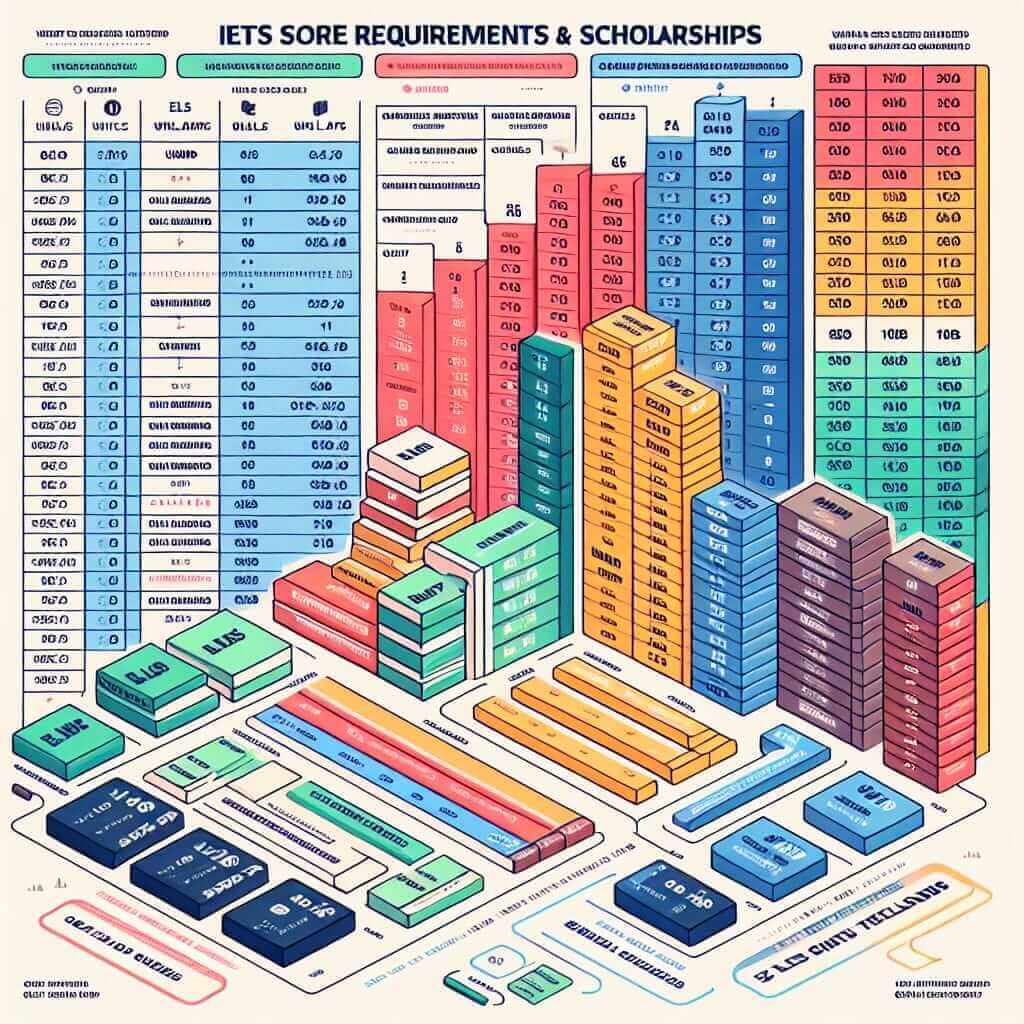As an IELTS instructor with over 20 years of experience, I’ve encountered this question countless times. The truth is, a high IELTS score can significantly boost your chances of securing a scholarship, but it’s not the only factor. Let’s delve deeper into the relationship between your IELTS score and scholarship opportunities.
Why is IELTS Important for Scholarships?
Universities and scholarship committees use the IELTS exam to assess your English language proficiency. A high score demonstrates:
- Effective Communication: You can understand lectures, participate in discussions, and express yourself clearly in an academic setting.
- Academic Readiness: You possess the necessary language skills to handle complex texts, research papers, and academic writing.
- Integration Potential: You’re more likely to adapt to the social and academic environment of an English-speaking institution.
How Much Does IELTS Score Matter for Scholarships?
While a good IELTS score is crucial, its importance varies depending on:
Scholarship Type:
- Merit-Based Scholarships: These scholarships prioritize academic excellence, and a high IELTS score (often 7.0 or above) can be a deciding factor.
- Need-Based Scholarships: These focus on financial need, but a decent IELTS score (usually 6.0-6.5) is still required for eligibility.
- Country-Specific Scholarships: Some countries or institutions have specific IELTS requirements for international students. Research thoroughly beforehand.
Course and University Requirements:
- Competitive Programs: Highly sought-after courses and universities often have stricter IELTS requirements, demanding scores of 7.5 or even 8.0.
- English Language Requirements: Each university and program sets its own minimum IELTS score for admission. Aim to meet or exceed this benchmark.

Tips to Improve Your IELTS Score for Scholarship Applications
- Start Early: Don’t wait until the last minute. Dedicate sufficient time for focused IELTS preparation.
- Identify Your Weaknesses: Take practice tests to understand your strengths and weaknesses in each section (Listening, Reading, Writing, Speaking).
- Seek Professional Guidance: An experienced IELTS tutor can provide personalized strategies and feedback to maximize your score.
- Practice Regularly: Consistent practice is key. Engage in mock tests, work on sample questions, and familiarize yourself with the exam format.
- Focus on Fluency and Accuracy: Develop both fluency and accuracy in your English language skills. Pay attention to grammar, vocabulary, pronunciation, and coherence.
Beyond the Score: Other Factors Influencing Scholarship Decisions
- Academic Achievements: Your grades, transcripts, and previous academic performance play a significant role.
- Letters of Recommendation: Strong recommendations from teachers or professors highlighting your potential are essential.
- Statement of Purpose: A well-written essay outlining your academic goals, aspirations, and how the scholarship will support your journey is crucial.
- Extracurricular Activities: Demonstrate involvement in community service, leadership roles, or other relevant activities.
Conclusion
A high IELTS score significantly increases your chances of getting a scholarship. It demonstrates your English language proficiency and academic readiness to thrive in an international environment. However, it’s not the only factor. Remember to focus on your overall application, showcasing your academic achievements, aspirations, and potential to excel. With dedicated preparation and a well-rounded profile, you can increase your chances of securing the scholarship you deserve.